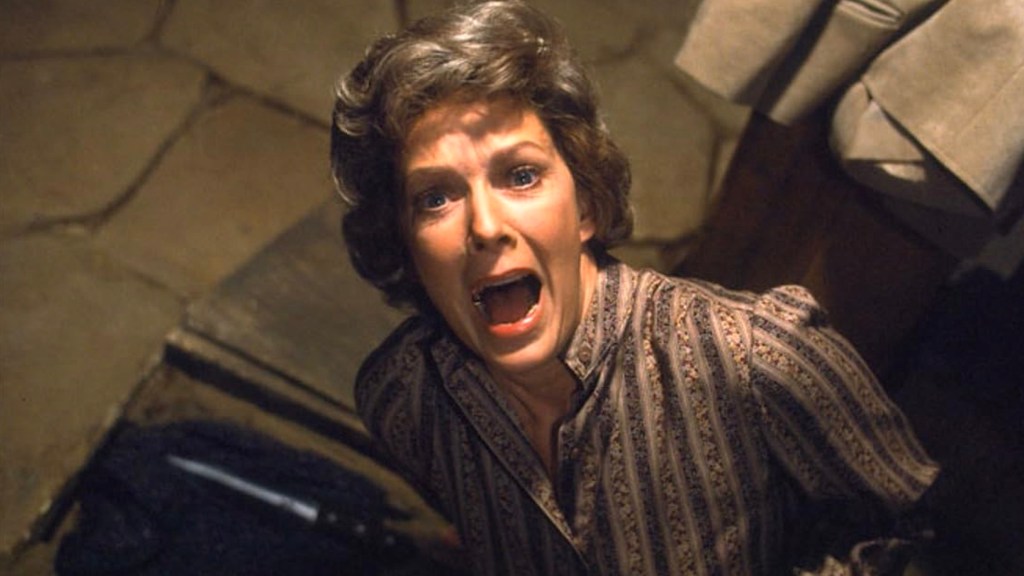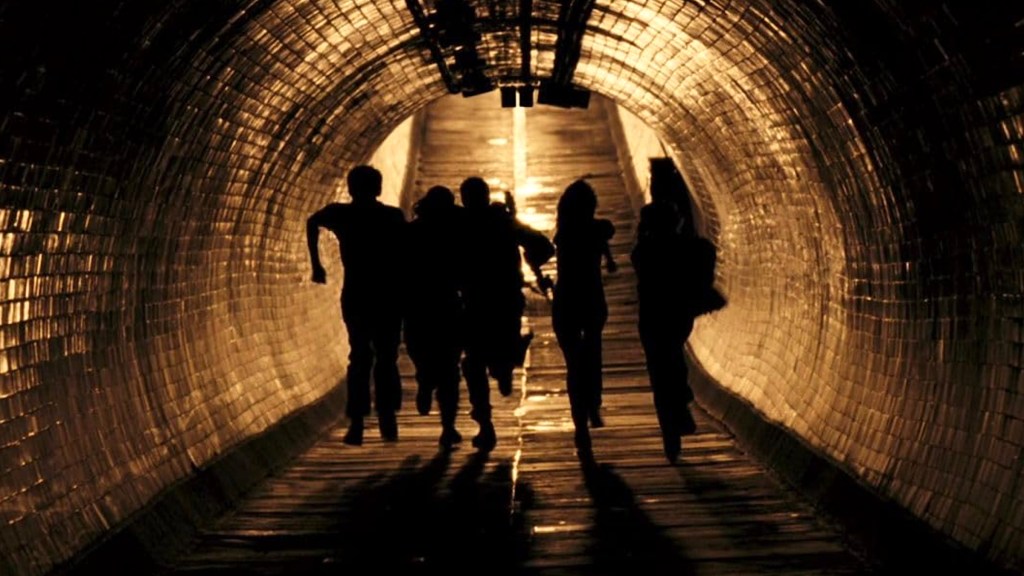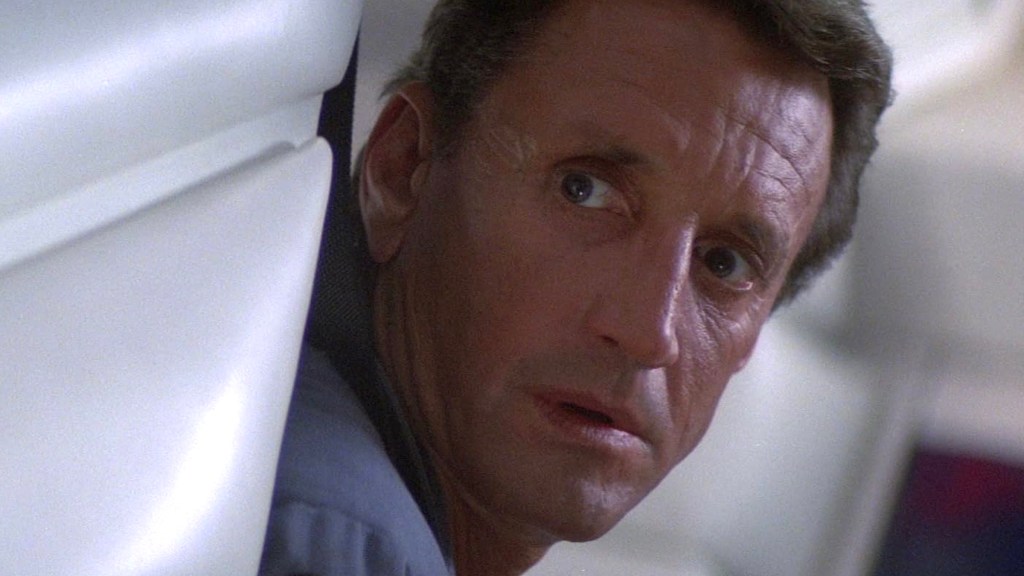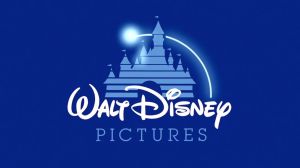Movie sequels are often the subject of immense anticipation, though some follow-ups to widely appreciated films have gone criminally overlooked. Obviously, legendary sequels like Star Wars: The Empire Strikes Back (1980), The Dark Knight (2008), and Dune: Part Two (2024) don’t fit into that category, as they arguably surpassed the success of their predecessors. On the contrary, not all successful movies and franchises are capable of a worthy follow-up installment, thus causing them to fade from the memories of general audiences. Some of them received poor reviews, while others merely failed to live up to giant expectations. Either way, there exist plenty of underrated sequels in need of reconsideration from those who haven’t seen them or have forgotten about them.
Videos by ComicBook.com
The following three movie sequels are fantastic, but they are rarely talked about today. Despite being forgotten, these films deserve more appreciation from viewers.
3) Psycho II (1983)

Alfred Hitchcock’s Psycho (1960) remains one of the best horror movies of all time, yet its sequel is vastly underseen by the masses. Even though director Richard Franklin’s Psycho II doesn’t stack up to the original film, it tells a compelling story about Norman Bates’s (Anthony Perkins) terrifying supernatural encounters after being released from a psychiatric hospital. Perkins delivers another outstanding performance as Bates, whose complex layers are explored even further in Psycho II.
The sequel doesn’t have iconic scares like Psycho‘s shower murder scene and shocking reveal of Bates’s mother; however, Psycho II features its fair share of grisly deaths and creepy moments. Psycho II successfully ties up the first film’s loose ends and generates a tense atmosphere that keeps viewers on edge. Horror fans often return to Psycho when craving a scary movie, and its brilliance has sadly resulted in little recognition for Psycho II. Still, the sequel is well worth watching.
2) 28 Weeks Later (2007)

28 Days Later (2002) is widely regarded as a superb work of horror, and its most recent sequel, 28 Years Later (2025), has garnered similar praise. Even so, the franchise’s second installment, 28 Weeks Later, is extremely under-appreciated. 28 Weeks Later‘s switch from director Danny Boyle to Juan Carlos Fresnadillo, as well as its limited connection to 28 Days Later, arguably renders the film the least memorable of the franchise. This also explains why so few viewers discuss it today.
Yet, 28 Weeks Later is better than its predecessor. The movie’s zombie outbreak, set in a confined area of London, is much more chaotic and horrifying. Numerous scenes depicting infected raging around and attacking survivors are as frightening as can be. 28 Weeks Later establishes emotional stakes and a sense of camaraderie among its characters, making each death all the more devastating. Heart-pounding, disturbing, and agonizing, 28 Weeks Later is a top-notch zombie film that has tragically faded in popularity. No longer deemed an essential viewing following 28 Years Later, the movie probably won’t see a resurgence anytime soon. Still, 28 Weeks Later deserves to be recognized for the thrilling picture it is.
1) 2010: The Year We Make Contact (1984)

Over the years since its release, 2010: The Year We Make Contact has disappeared behind the shadow of its critically acclaimed predecessor, 2001: A Space Odyssey (1968). Movies about the future frequently garner general audiences’ attention, though not many people still make time to discuss Peter Hyams’s 2010: The Year We Make Contact in 2025 — unlike Stanley Kubrick’s masterpiece. American and Soviet astronauts embark on a trip to Jupiter to find out what happened to the Discovery spacecraft and its HAL 9000 computer, triggering an absorbing series of events closely related to 2001: A Space Odyssey.
Although not nearly as narratively cryptic or thematically resonant, the follow-up film features mesmerizing visuals and an interesting group of characters. An air of suspense and mystery permeates 2010: The Year We Make Contact‘s story as it elaborates on some of the first movie’s more complicated aspects. Politics, technology, and outer space come together soundly in 2010: The Year We Make Contact, which still deserves recognition from sci-fi fans despite its inferiority to its predecessor.
What do you think? Leave a comment below and join the conversation now in the ComicBook Forum!









